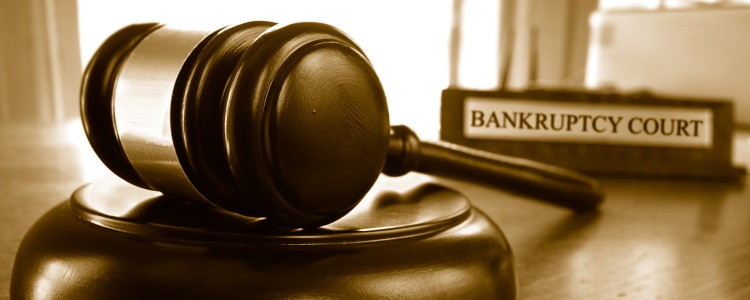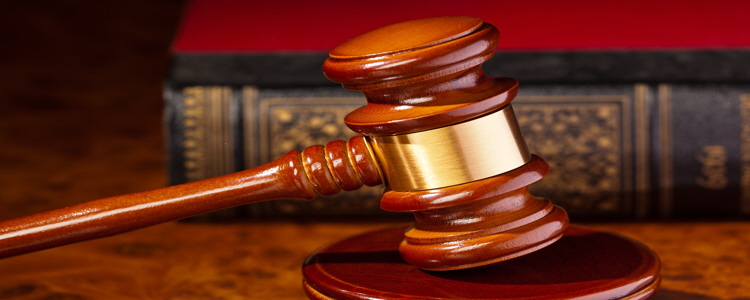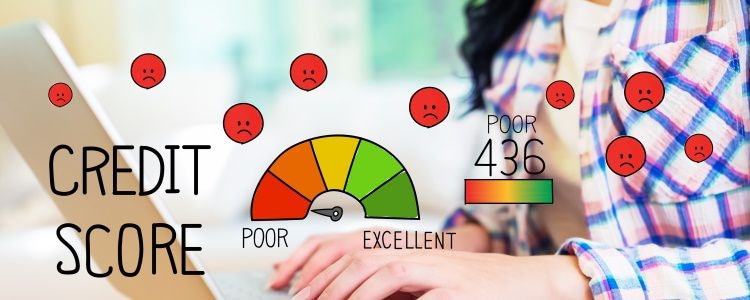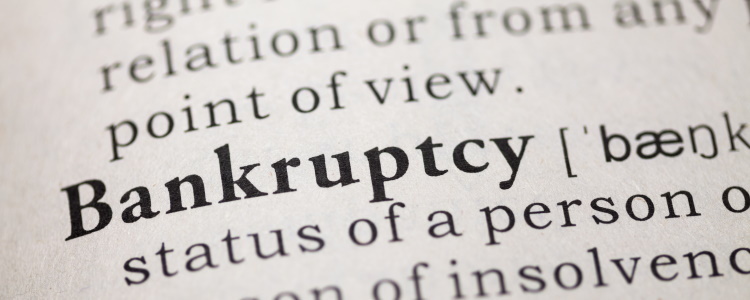If you're facing serious debt, you might be considering filing for bankruptcy. Individuals in the US can file either a Chapter 7 or Chapter 13 bankruptcy, but you may not know which is right for you. The only way to find out is to learn about the differences between a Chapter 7 versus a Chapter 13 bankruptcy.
Major Differences between Chapter 7 and Chapter 13 Bankruptcy
Both Chapter 7 and Chapter 13 are court procedures to help individuals handle debt, but each has different qualifications, time frames, and processes. Check out some of the main ways these two types of bankruptcies differ:
Brief Summary
- Chapter 7: A Chapter 7 bankruptcy is a liquidation procedure that eliminates most of your unsecured debts through the selling of your nonexempt property to pay back creditors. It's a quick way to discharge debt and get a fresh start.
- Chapter 13: A Chapter 13 bankruptcy is a reorganization bankruptcy where debtors set up a repayment plan that lasts either three or five years to pay back all of (or a portion of) their debts. You make a monthly payment to your bankruptcy trustee, and they distribute it to your creditors. This repayment plan is structured based on what you make, your existing bills, what you owe, and the types of debt you have.
Qualifications for Each Bankruptcy
- Chapter 7: Filers have to meet the income requirements by passing what's known as the Chapter 7 means test. Passing the means test depends on your income. You won’t qualify for Chapter 7 if your monthly income is higher than the median income for similar-sized households in your state, or if your disposable income after allowable expenses is greater than certain limits set forth by law.
- Chapter 13: Filers have to make a regular income in order to qualify, and they also can't have more than $394,725 of unsecured debt or $1,184,200 of secured debt.
Time Frame
- Chapter 7: A Chapter 7 bankruptcy typically lasts three to four months before it's discharged.
- Chapter 13: A Chapter 13 bankruptcy lasts either three or five years, and it's discharged once you complete the repayment plan.
How Property is Handled
 Chapter 7: The bankruptcy trustee the court appoints liquidates your nonexempt property to pay back all or a portion of your debts. Examples of nonexempt property include funds in your bank accounts, cash, stocks, bonds, and valuables you own – which can include your home or car. However, your personal property can be protected depending on its value. It all comes down to the federal or state exemption rules, so make sure you look carefully at what can and cannot be protected.
Chapter 7: The bankruptcy trustee the court appoints liquidates your nonexempt property to pay back all or a portion of your debts. Examples of nonexempt property include funds in your bank accounts, cash, stocks, bonds, and valuables you own – which can include your home or car. However, your personal property can be protected depending on its value. It all comes down to the federal or state exemption rules, so make sure you look carefully at what can and cannot be protected.- Chapter 13: You don't have to sell property in a Chapter 13 bankruptcy, but you do have to pay back an amount that's equal to the value of your nonexempt property through the repayment plan.
Ideal Candidates
- Chapter 7: People who are unemployed; make lower income; have very few assets; or have debt that's greater than the value of the property they'd have to sell.
- Chapter 13: Debtors who are behind on bills but want more time to catch up while getting to keep their property; people who need to stop litigation, foreclosure, repossession, or wage garnishment because they're behind on payments; or those who make too much money to qualify for a Chapter 7.
Impact on Credit Reports and Scores
- Chapter 7: A Chapter 7 bankruptcy stays on your credit reports for up to 10 years from the day you file. It lowers your credit score, but the impact it has depends on many different factors, such as your overall credit profile.
- Chapter 13: A Chapter 13 bankruptcy remains on your credit reports for up to seven years from the day you file.
What Bankruptcy Should I File: Chapter 7 vs. Chapter 13?
Deciding which bankruptcy is right for you can be confusing. Both a Chapter 7 and Chapter 13 bankruptcy provide debt relief, but the right one for you depends on your situation. You need to understand what you qualify for and your priorities.
If you need to get out of debt as soon as possible and don't have a lot of valuable assets, a Chapter 7 is likely right for you. If you want to save your house or car, a Chapter 13 may be for you.
Filing for bankruptcy is a major decision, especially considering the consequences at stake. You want to make sure you can accomplish what you desire. You should consult a lawyer that specializes in consumer bankruptcy to discuss what's right for you.
Getting an Auto Loan after Bankruptcy
Getting financed during or after a bankruptcy is often more challenging because of the impact it has on your credit. However, you stand a better chance of getting a bankruptcy car loan if you're connected to the right dealership.
Auto Credit Express works with dealers all around the US in order to make it easier for consumers to find auto financing. We'll work to connect you with a special finance dealership near you, and it doesn't cost a thing or put you under any obligation. Simply submit our online auto loan request form to get the process started right now.
















